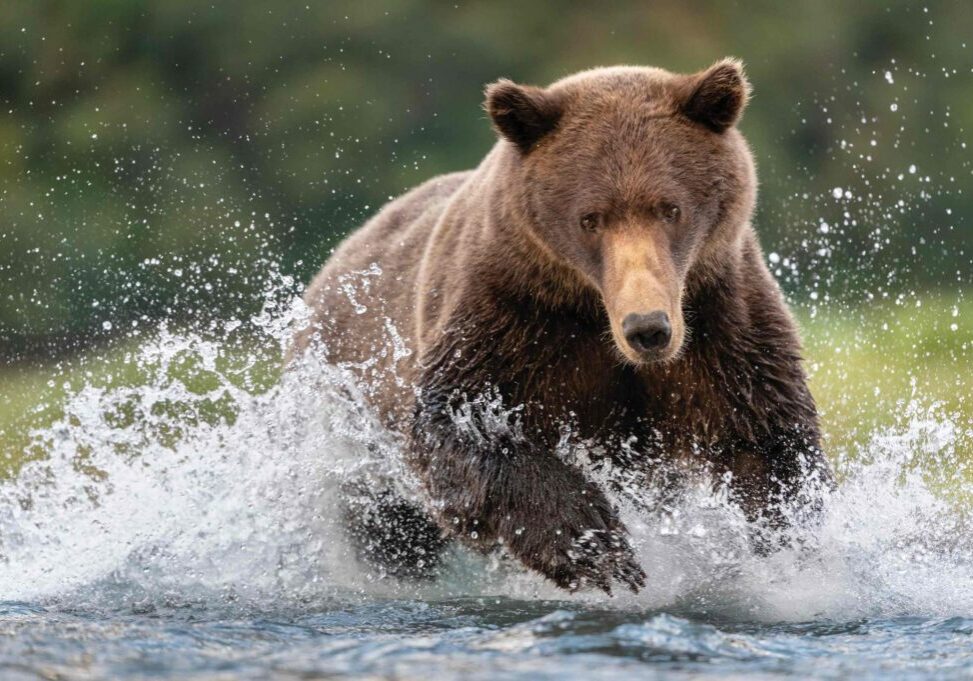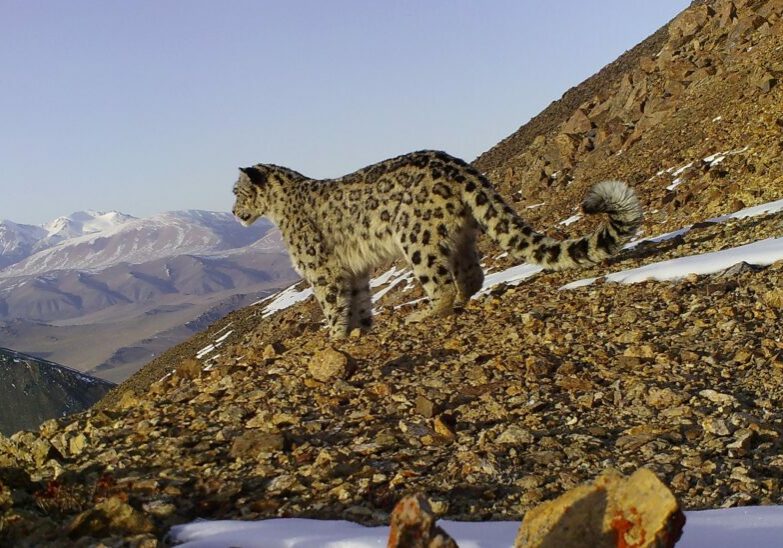Studying snow leopards isn’t easy, so photographer Sascha Fonseca had to be patient when attempting to capture an image of this majestic big cat.
”The mystery surrounding the snow leopard always fascinated me,” he says. ”[But] they are some of the most difficult large cats to photograph in the wild, not only because of their incredible stealth, but also because of the remote environment they live in.”
Camera traps are an invaluable way of tracking snow leopards without having to endure the inhospitable conditions of the mountains. Sascha undertook a long-term camera trap project in Ladakh in the Indian Himalayas in an effort to take the perfect photo. But the results were sometimes unexpected.
”The traps took thousands of images during the three-year deployment,” he explains. ”But only a dozen were actually good snow leopard images. And then of course I got a lot of photos of snow storms and other animals. Camera trapping can be very frustrating, but also very rewarding. You never know what you’ll get.”
Take a look at our gallery of some of Sascha’s camera trap out-takes to discover some of the amazing wildlife that shares the snow leopard’s mountain home.
Amazing out-takes
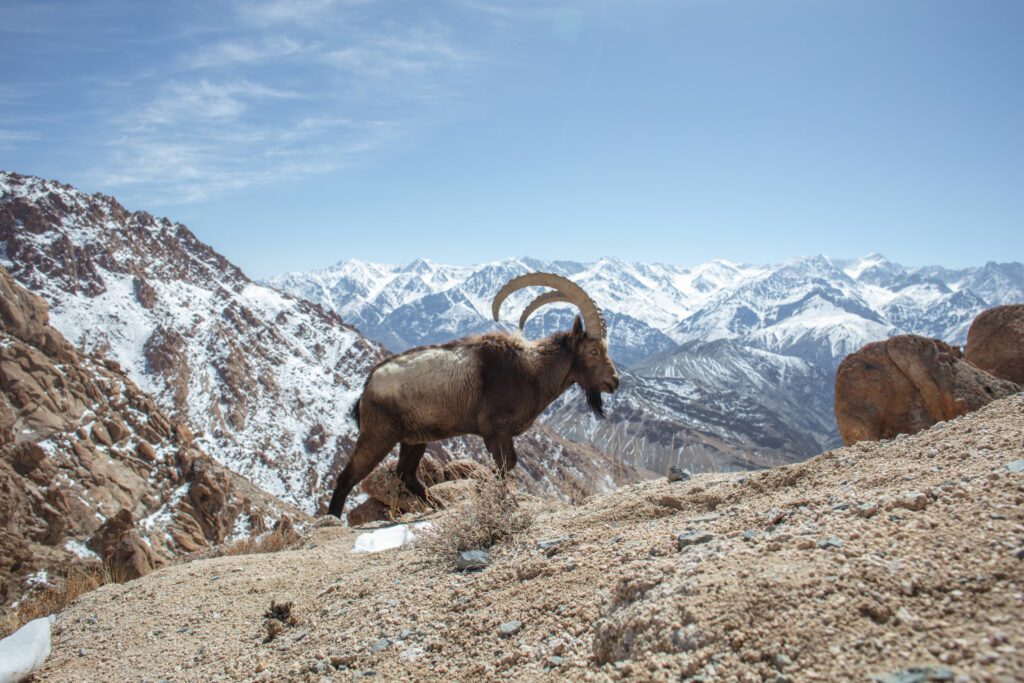
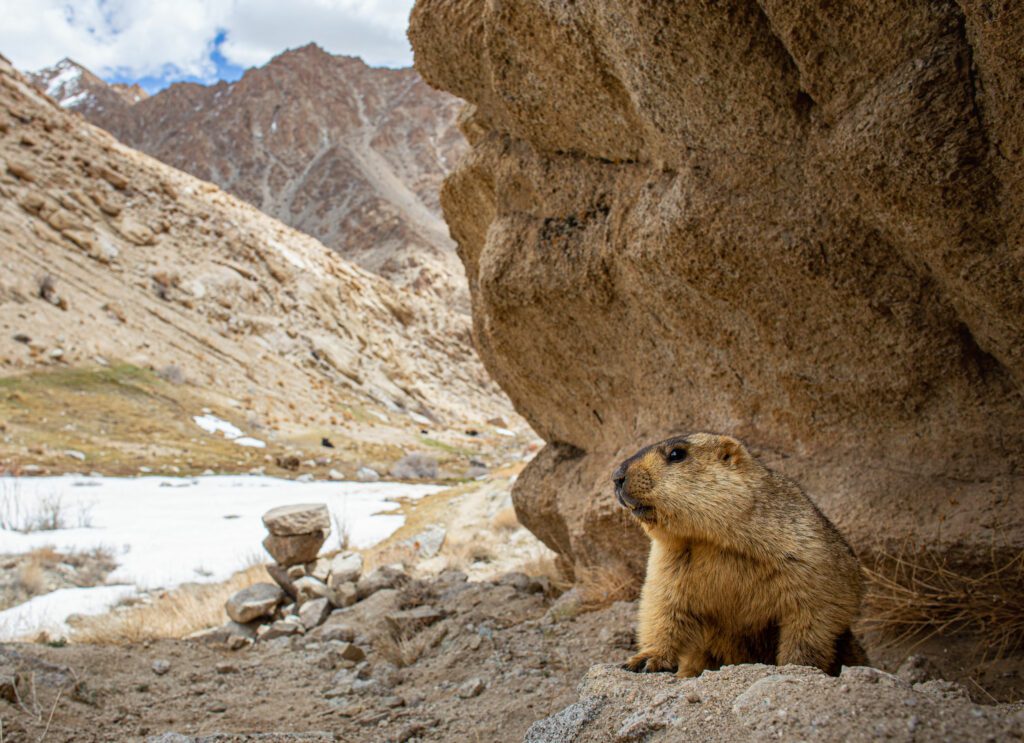
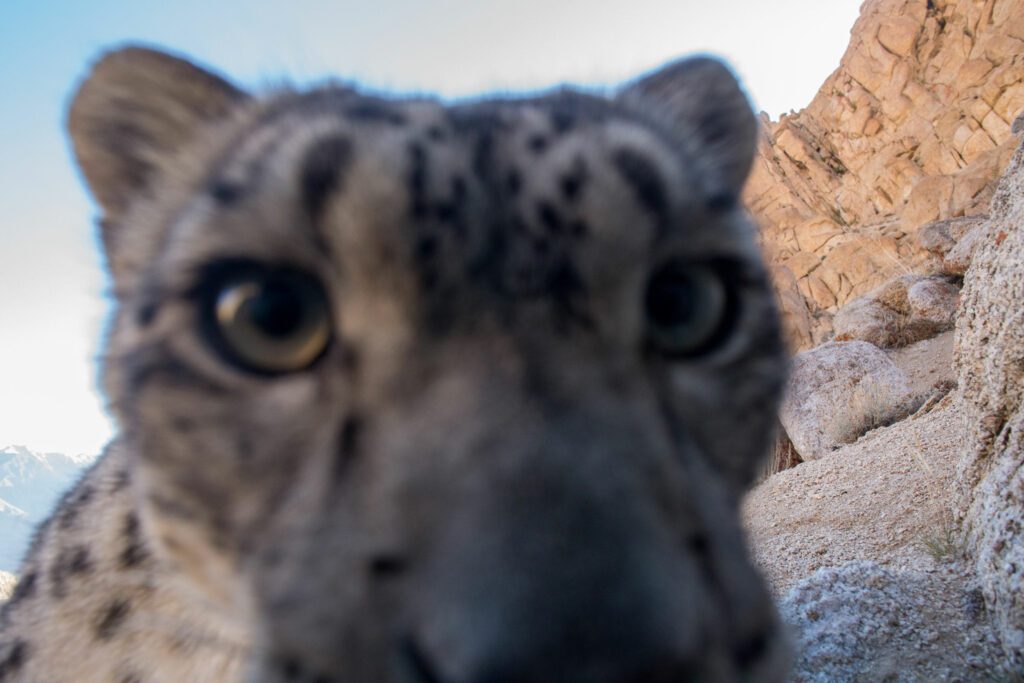
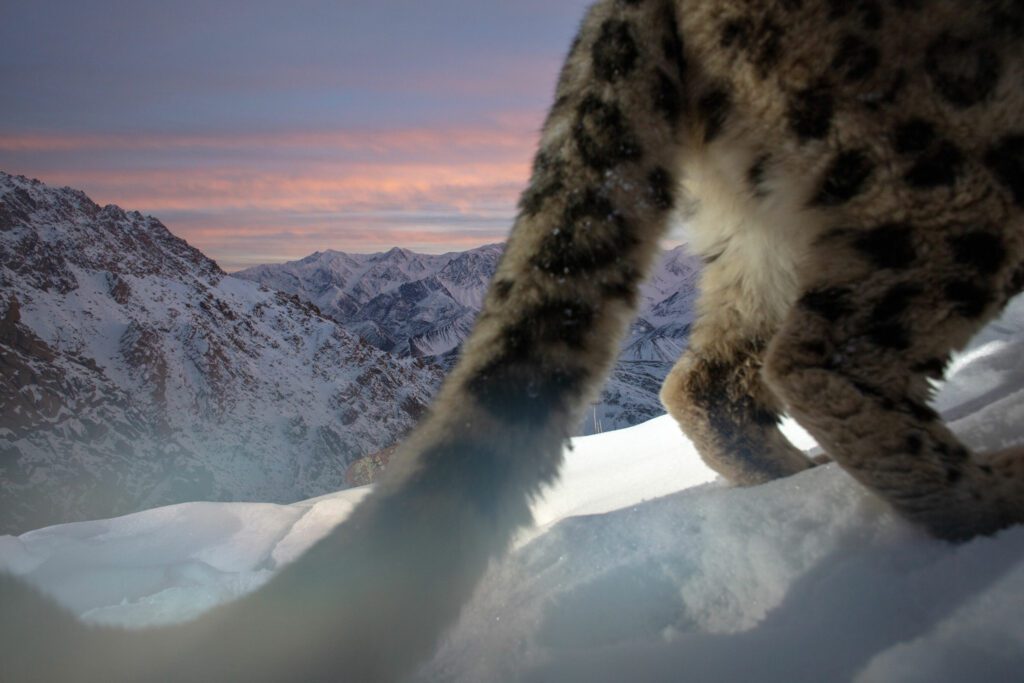
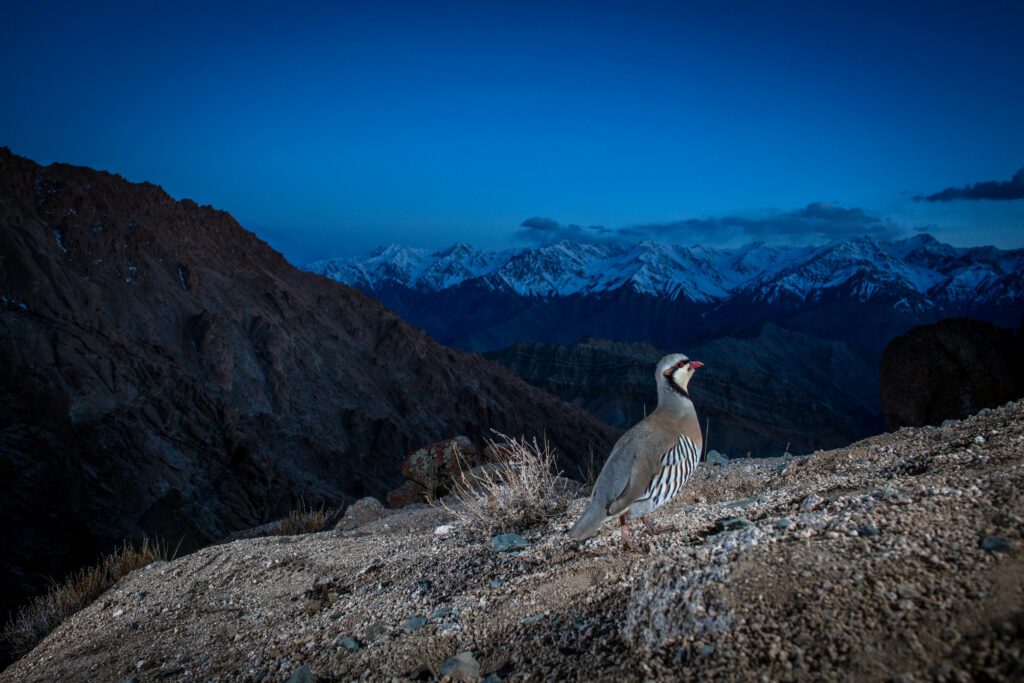
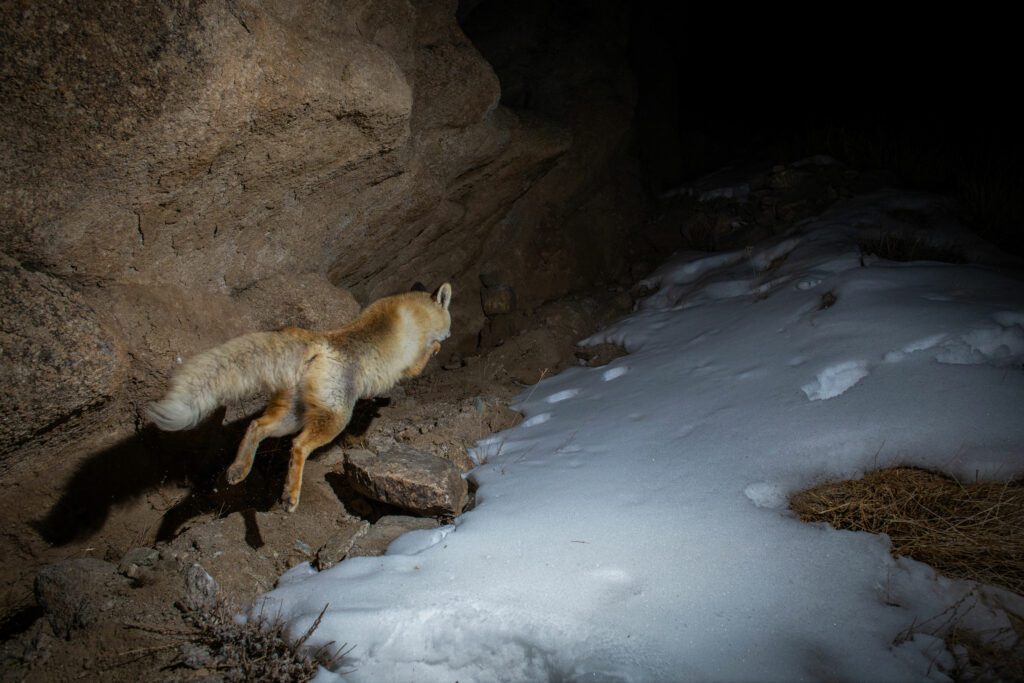
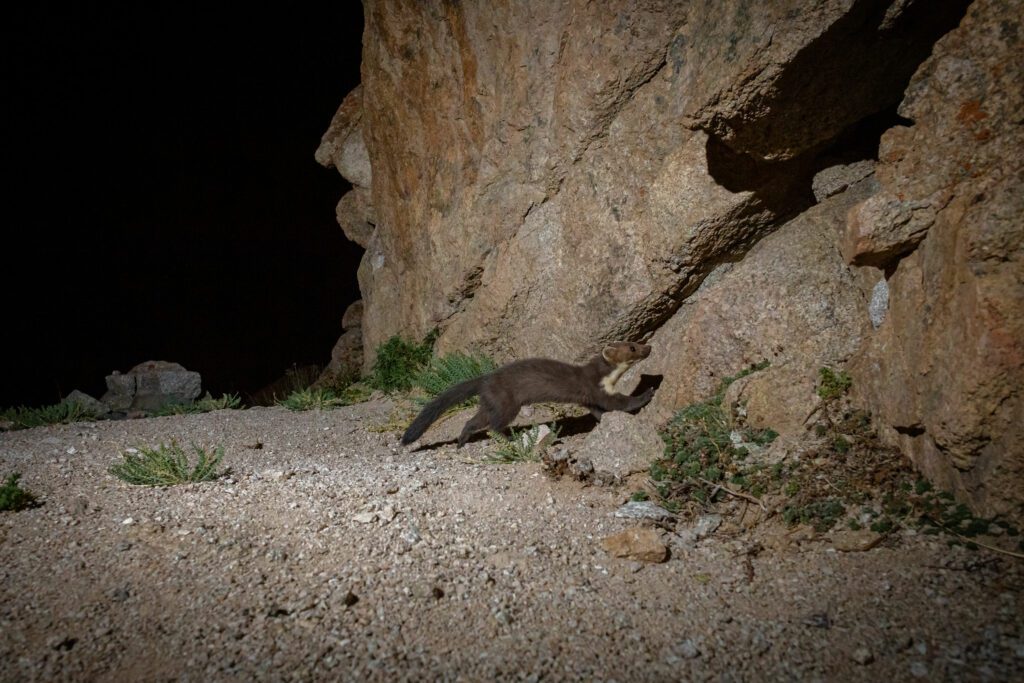
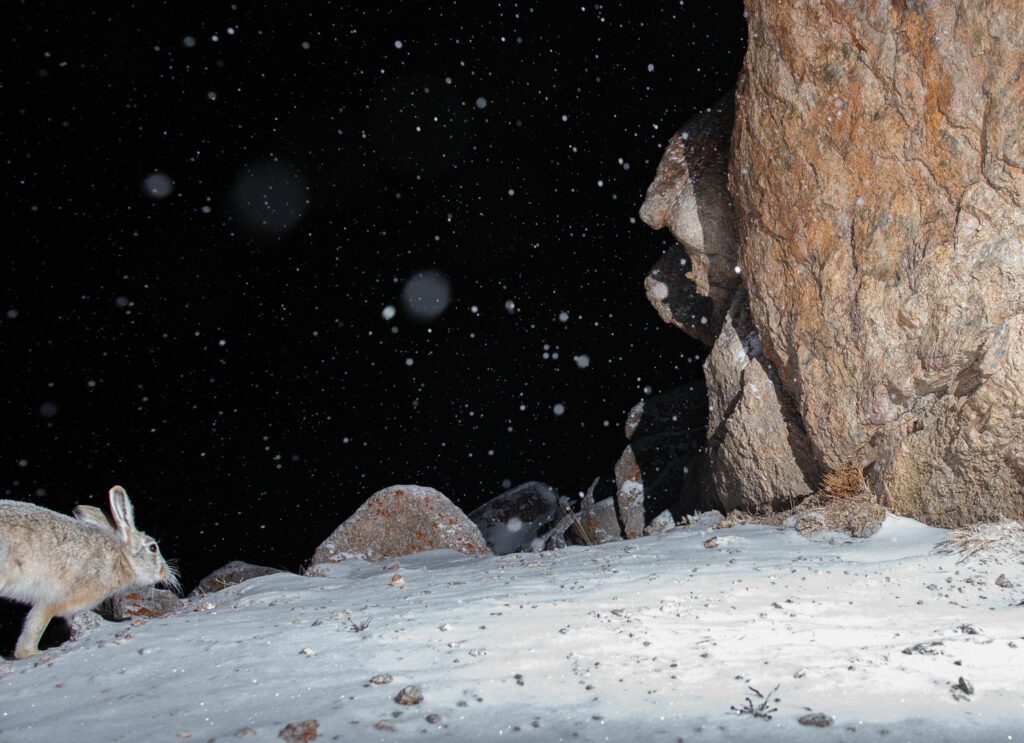
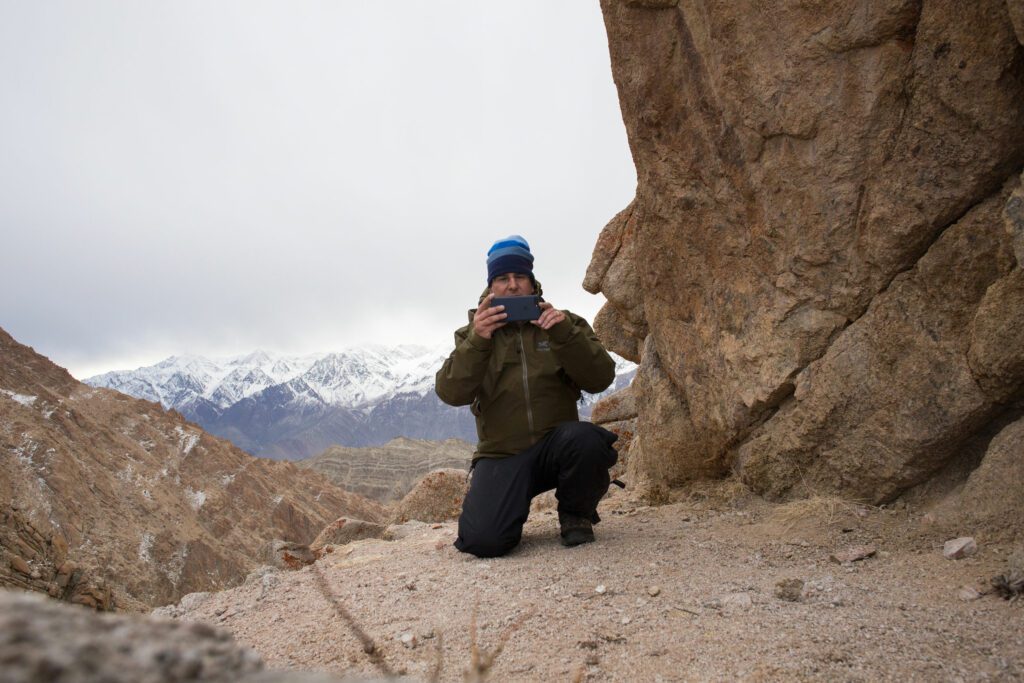
More to explore
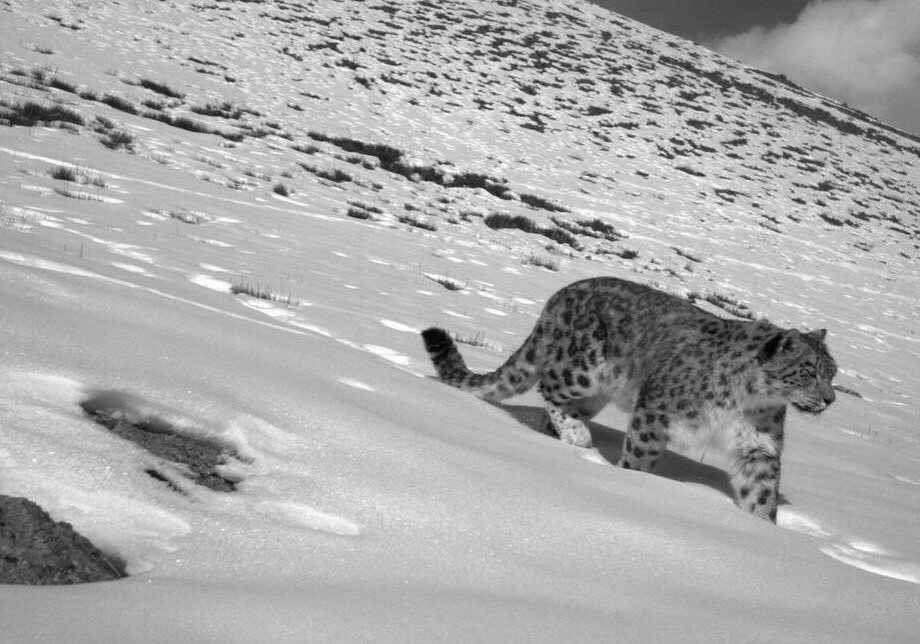
Notes from the field: Himalayas
A glimpse of a snow leopard is a rare delight, but the mountains are always alive with their presence, says scientist Rishi Kumar Sharma
